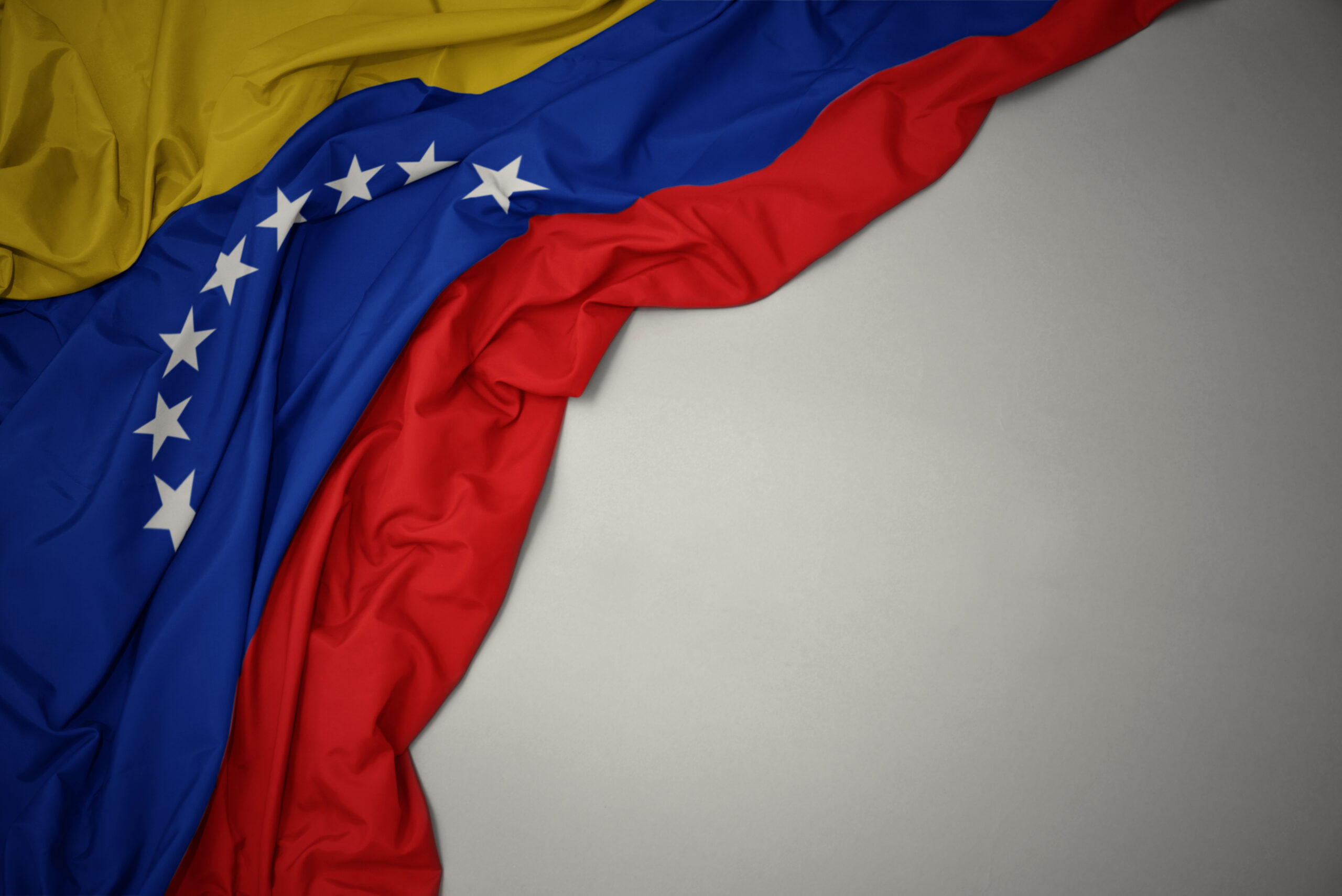
By Giselle Cesin Noll
As a Venezuelan who came to the United States on a student visa and was fortunate enough to become a U.S. citizen eventually, I understand how different each immigration journey can be. Not everyone has the same opportunities. But what nearly all Venezuelans have in common is the desire to live in peace, contribute to society and build a better life — not just for themselves, but for their families and the communities they join.
That’s why Judge Edward Chen’s recent court order blocking Secretary Kristi Noem’s attempt to end Temporary Protected Status (TPS) for Venezuelans is so significant. In his decision, Judge Chen made it clear: The move was “arbitrary and capricious,” lacking evidence and rooted in discriminatory intent. He acknowledged what many of us already know — the attacks on the Venezuelan community are based on tired, false and dangerous stereotypes.
Venezuelan TPS holders have a higher college education rate than the average U.S. citizen and other Latino migrant groups. They also have higher labor participation rates and lower crime rates. Over 96% of them earn their own income and contribute billions to the U.S. economy each year.
These are not people looking to take from the system — they are already giving to it, in every way that counts.
Some argue that TPS is temporary and conditions in Venezuela no longer justify it. But TPS or not, the truth is this: These are people who have built real lives here. They own businesses. They are essential workers. They are parents raising U.S. citizen children. What does the government gain by forcing them out?
Venezuela remains in the middle of a political, economic and humanitarian crisis. And with new sanctions just imposed, that crisis is only getting worse. Claiming it’s safe to return is not only out of touch, it’s dangerous.
Even worse is the narrative that Venezuelans are somehow a threat. Yes, like in any large population, there are a few bad actors. But the idea that all Venezuelans should be painted with the same brush — based on the actions of a tiny fraction — is deeply unjust. Only a small fraction of Venezuelans in the U.S. are linked to any criminal organization. That’s not a public safety issue: That’s scapegoating.
I live in Colorado. I see firsthand the contributions Venezuelans make here. Many of them do jobs others won’t. They pay taxes, support their communities and carry the enormous emotional burdens of living in constant fear that everything they’ve built could be taken away.
As someone lucky to find a path to citizenship, it breaks my heart to see friends who are just as hardworking and deserving, forced to live in limbo. Many placed their hopes in this administration, believing things would be different. But actions speak louder than words.

Organizations like the National TPS Alliance, the ACLU and the Venezuelan American Caucus have been instrumental in fighting this fight, amplifying the voices of those most affected and standing up for justice. Right now, Judge Chen’s ruling gives them a temporary break, a pause in the uncertainty. But the road ahead is still unclear.
This decision is not the end. It’s a critical moment in an ongoing battle. We don’t know what will happen next, but what we do know is that the lives of thousands of Venezuelans hang in the balance. And they deserve better.
Judge Chen’s ruling offers a glimmer of hope and a reminder that justice is still possible when the facts are allowed to speak.
Giselle Cesin Noll is a former broadcast and print journalist from Venezuela who now freelances and works as a communications specialist. She lives in Boulder with her husband and two daughters.
